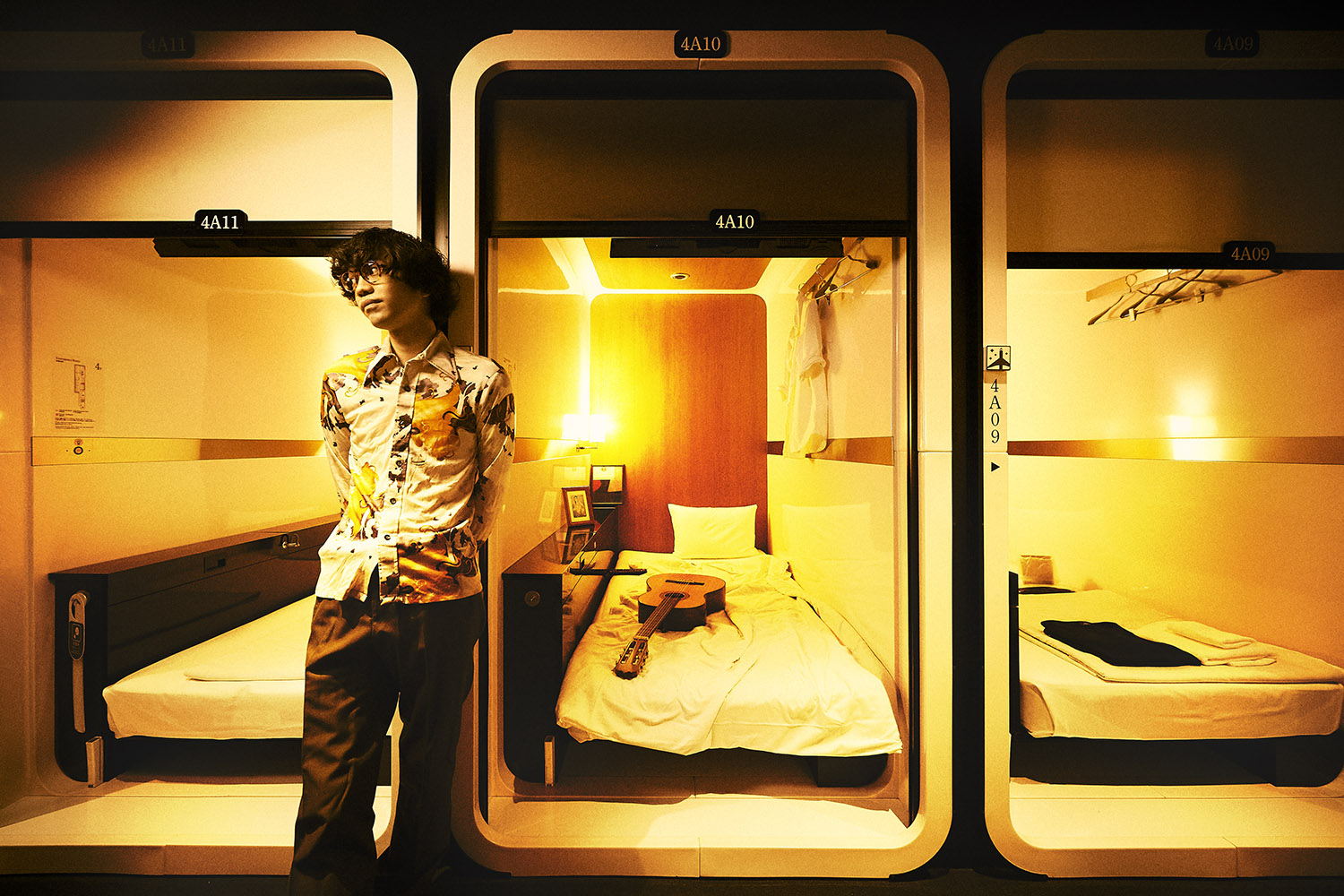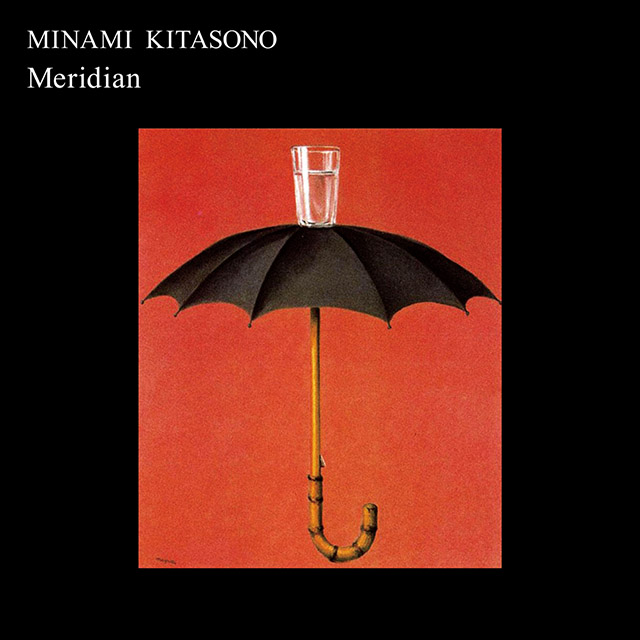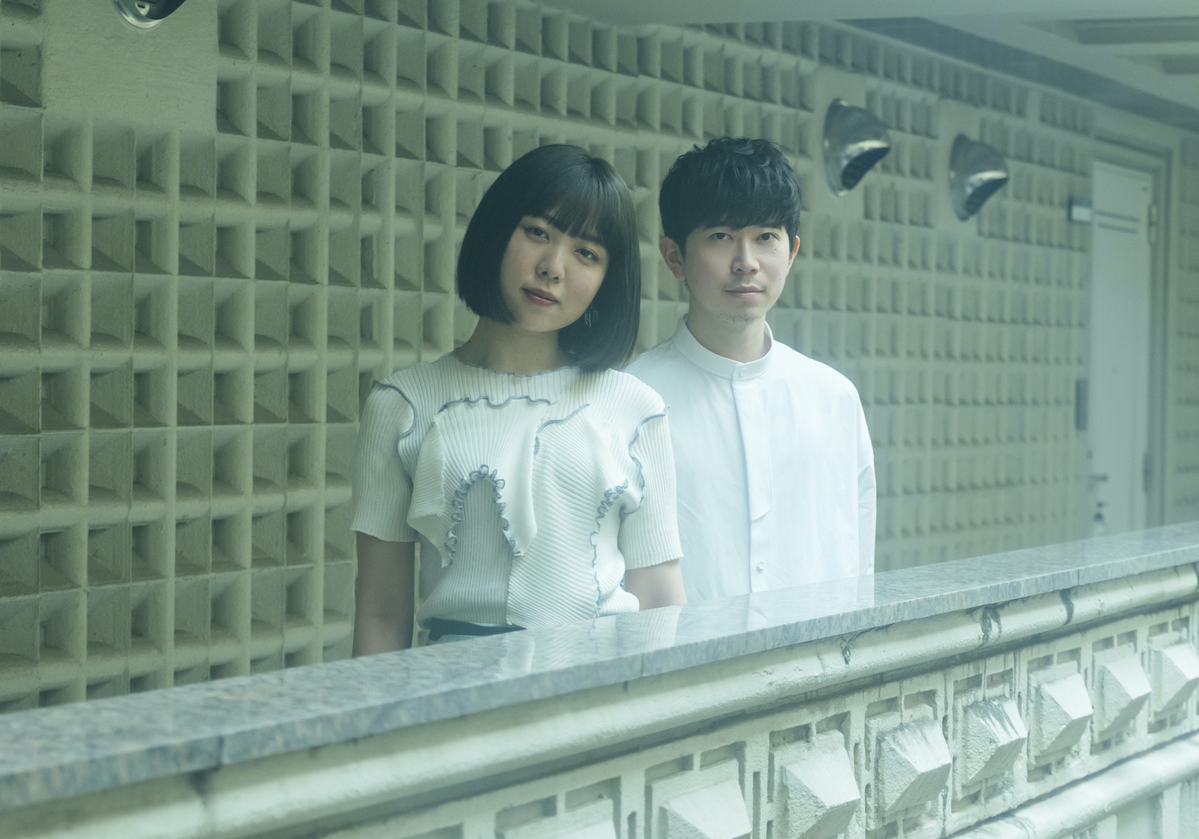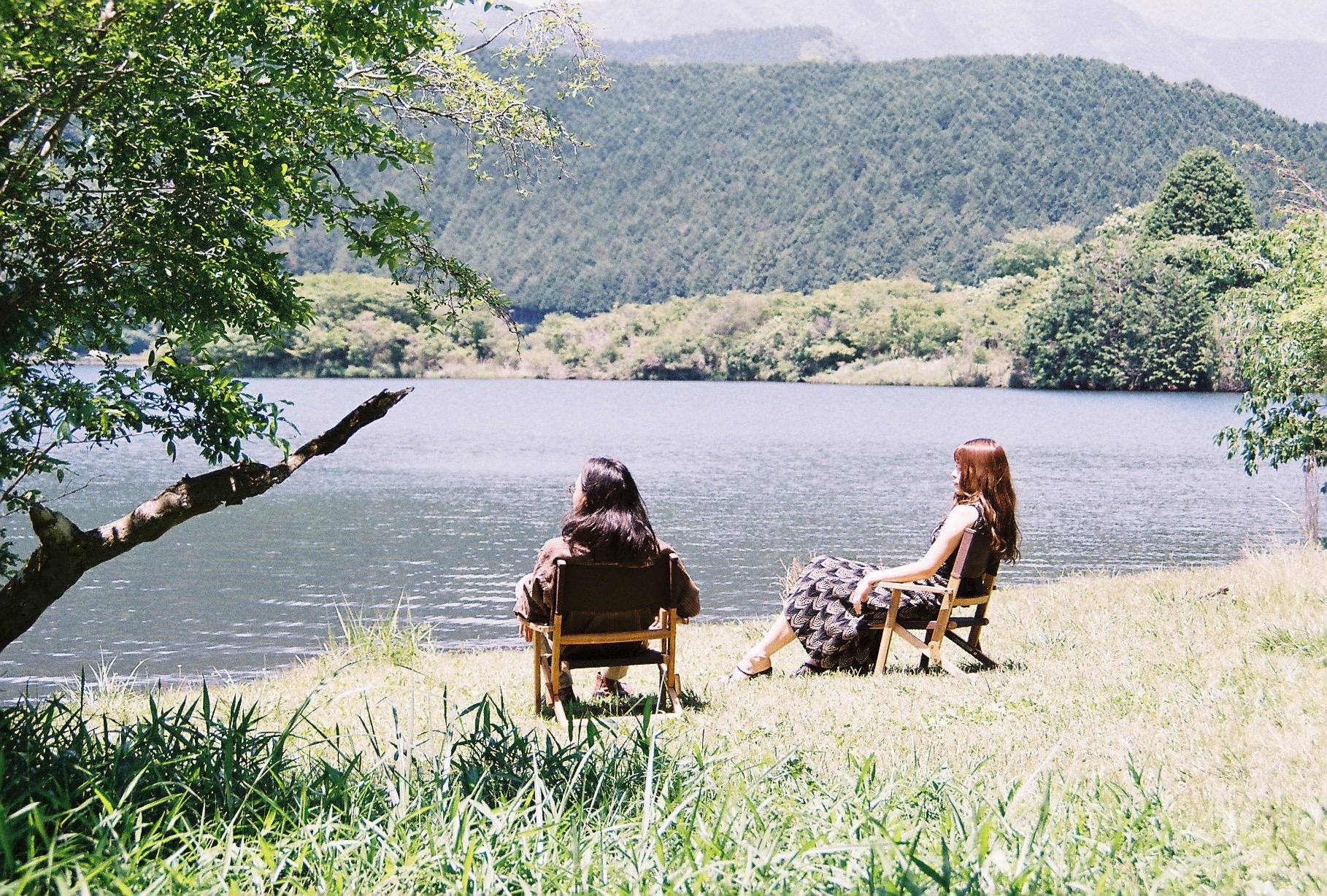Here are two magazine interviews with Shin Rizumu about his 2022 full-length album Música Popular Japonesa. The first one discusses mainly his roots and musical upbringing, while the second one is focused more specifically on this album and what Shin Rizumu is up to nowadays.
The first interview is from the March 2023 issue of Record Collectors’ Magazine, and the second interview is from the December 2022 issue of Musica.
Interview & text: Shibasaki Yuji (first interview), Ariizumi Tomoko (second interview)
English translation: Henkka
Shin Rizumu: Website, Twitter, Instagram, YouTube
Note: You can buy this album on CDJapan.

Shin Rizumu made his sensational debut in 2015 as a home-recording singer-songwriter who was only a high school student at the time. Aside from composing all the music and writing all the lyrics, he also worked on the arrangements, recorded all the instruments, and even did the mixing himself.
His first album—a natural mix of various musical elements, including yesteryear’s soul music and AOR, neo acoustic, and guitar pop—presented a kind of hybrid pop style of shockingly high quality. In addition to a certain sense of precocity, his biggest appeal was his fresh, lively sound that was very much of the new era, as well as his brilliant lyrical worlds. In 2017, he released his second album—the masterpiece Have Fun—which resonated even with other, globally renowned home-recording artists of the time, further showcasing the evolution of his talent.
Listeners had to wait five and half years for another album until finally, in November of last year, this new album was released. After writing songs for people like Fujii Takashi and Nakajima Megumi, becoming a supporting musician for acts like Kirinji and Hata Motohiro, and collaborating with Ryusenkei, the growth and self-confidence he has gained as an artist can be seen even in the bold title of his new album: Música Popular Japonesa. That is to say, his intention was to take Brazil’s “Música Popular Brasileira” (MPB) and adapt it into Japanese-language pop music—MPJ. While it may seem like a bit of a dramatic statement to make, the album’s content does not fall short of its title in the least. To the contrary, it’s truly a fantastic album—the kind of material that is likely to impress especially the more devoted MPB fans.
Now, already carrying the air of something like a maestro at the young age of 25, we asked Shin Rizumu about his musical history and about what kinds of music he is interested in these days.
Continue reading →




